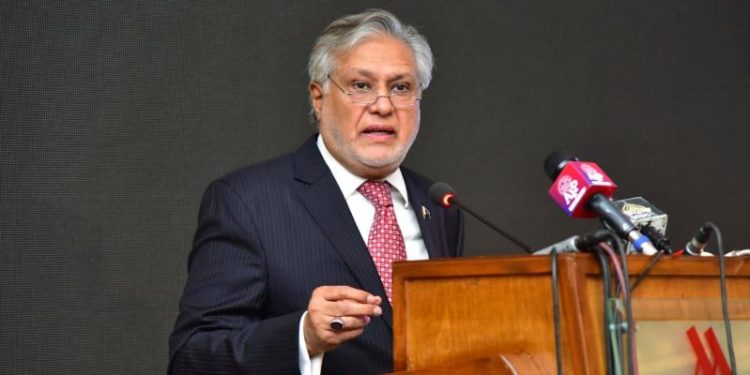New Delhi: There is a real danger that Pakistan could default on its debt, which could lead to intensifying political turmoil amid already surging terrorism, says an analysis by the US Institute of Peace (USIP) said.
There is a real danger that nuclear-armed Pakistan with a population of nearly 230 million people may be unable to meet its external debt obligations — which will trigger a sovereign default, it said.
If Pakistan ultimately defaults, there will be a cascade of disruptive effects.
Crucially, Pakistan’s imports could be disrupted, which could lead to a shortage of some essential goods and commodities. In Sri Lanka, the disruption of oil imports stoked public discontent, protests and a change in government.
Pakistan, which is already seeing intense political conflict between Sharif’s government and opposition leader Khan, may also see the economic crisis creating more political turmoil, the analysis said.
And given Pakistan’s demographic profile and surging terrorism threats, the resulting crisis could go in unexpected directions.
To avert this scenario, Pakistan needs IMF’s continued support as well as help from Chinese and Middle Eastern partners. Pakistani leadership has been asking the US to intercede with the IMF, but that effort hasn’t borne fruit in the way they hoped for.
Pakistani leadership is also making frantic efforts for bailouts from foreign partners, but it is unclear if they will make the difficult reform choices necessary to win the trust of the IMF, the analysis said.
Pakistan’s stability increasingly depends on the outcome of an ever-worsening economic crisis. Amid skyrocketing inflation, political conflict between Prime Minister Shehbaz Sharif’s government and former Prime Minister Imran Khan, and surging terrorism, the country is facing the risk of a default due to its massive external debt obligations, the USIP analysis said.
This burden has been exacerbated by the derailment of the $6.5 billion International Monetary Fund (IMF) program Pakistan entered in 2019, as the international lender is unsatisfied with Pakistan’s commitment to reform and ability to arrange for funds to meet external financing requirements.
Troublingly, Pakistan’s official foreign exchange reserves are hovering around $4 billion, which is insufficient to finance even a one-month of the country’s import bill.
IANS






































